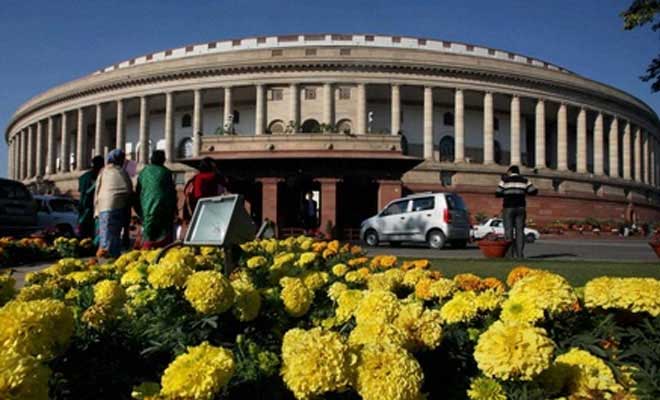Not this way
SC/ST Act changes are misguided. There is no short cut to exerting political will and administrative reform.
 In India, even today, it is painfully easy to recover evidence, anecdotal as well as documented, of prejudice towards the marginalised, especially those kept outside the mainstream along the axes of caste and tribal identity. Along with policies formulated to fast track inclusion — like reservation in educational institutions, government employment and political representation — there has, therefore, been over the decades a necessary use of the law to stigmatise and punish iterations of prejudice and bias. To strengthen this intolerance of expression, in deed and words, of discrimination and address concerns that existing laws against acts of exclusion were not enough, the Scheduled Castes and Scheduled Tribes (Prevention of Atrocities) Act was passed in 1989. This week, the Union cabinet cleared amendments to the act to make it more stringent by, among other things, including as offences attempts to disallow sharing of common resources and to boycott persons belonging to the Scheduled Castes and Scheduled Tribes. More problematically, the amendment also makes the accused’s awareness of a person’s caste or tribal identity a sufficient condition to establish guilt. Voices of concern at the potential for misuse and, at its more innocuous, misapplication of the provision, need to be taken aboard by the cabinet.
In India, even today, it is painfully easy to recover evidence, anecdotal as well as documented, of prejudice towards the marginalised, especially those kept outside the mainstream along the axes of caste and tribal identity. Along with policies formulated to fast track inclusion — like reservation in educational institutions, government employment and political representation — there has, therefore, been over the decades a necessary use of the law to stigmatise and punish iterations of prejudice and bias. To strengthen this intolerance of expression, in deed and words, of discrimination and address concerns that existing laws against acts of exclusion were not enough, the Scheduled Castes and Scheduled Tribes (Prevention of Atrocities) Act was passed in 1989. This week, the Union cabinet cleared amendments to the act to make it more stringent by, among other things, including as offences attempts to disallow sharing of common resources and to boycott persons belonging to the Scheduled Castes and Scheduled Tribes. More problematically, the amendment also makes the accused’s awareness of a person’s caste or tribal identity a sufficient condition to establish guilt. Voices of concern at the potential for misuse and, at its more innocuous, misapplication of the provision, need to be taken aboard by the cabinet.
As reported in this newspaper on Friday, leaders of two UPA constituents, the RLD and NCP, Ajit Singh and Sharad Pawar, respectively, opposed the amendment. The misgivings about watering down the need to prove intent to discriminate, instead of merely proving awareness of SC/ST status, are obvious. It would affect administrative functioning, by way of disciplinary proceedings or other routine personnel changes. It would even, as sociologist Ashis Nandy points out, inhibit scholarship and academic analyses. The lack of thought evident in the legislation is of a piece with the UPA 2’s current record of rushing in legislation in order to be seen to be responding to problems, and dodging the grittier task of asserting political will and administrative efficiency. And of course, leaving it to later governments and parliaments to clean up the drafts. With regard to the SC/ST (Prevention of Atrocities) Act, this is particularly irresponsible. It evades a very real need to update our political discourse on discrimination and unequal opportunities to make the election-season stocktaking meaningful.
Source: The Indian Express





